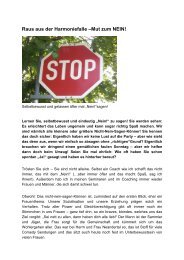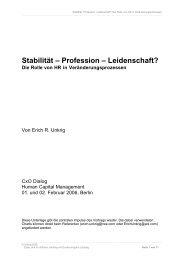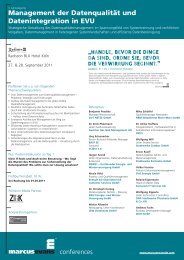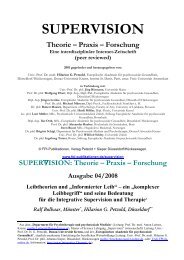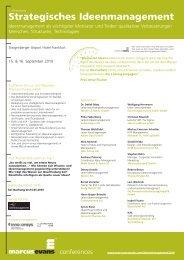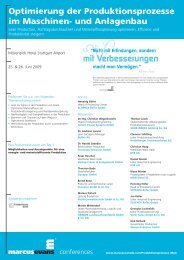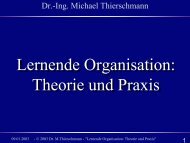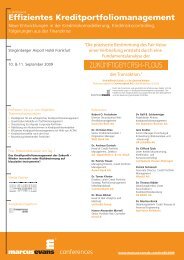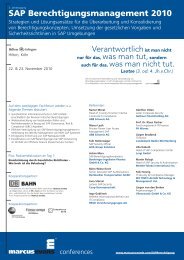Ilia Chavchavadze - brainGuide
Ilia Chavchavadze - brainGuide
Ilia Chavchavadze - brainGuide
You also want an ePaper? Increase the reach of your titles
YUMPU automatically turns print PDFs into web optimized ePapers that Google loves.
I. The origin of the state<br />
Rousseau’s „general will“. However it would be wrong to assume, as if<br />
the explanation of the phenomenon of state with Kant were exhausted by<br />
the development of Hobbes’ or Rousseau’s tenets. The essential is exactly<br />
the specificity of Kant’s view regarding the nature of state. He explains<br />
the existence of the state mainly by characteristic of social labour, by<br />
which the decisive is the „industry, which is oriented on the profit of production<br />
and the competition between owners“. More exactly, according to<br />
Kant, the state is „the organization of clever egoists“. He justifies the<br />
given content „conceptual-terminologically“ through the strict differentiation<br />
between „morality and legality“. With regard to the problem of origin<br />
of the state we can make a conclusion that with Kant the latter does<br />
not represent the category based on the first, what cannot be said about<br />
I. <strong>Chavchavadze</strong>’s point of view in the same way in spite of the fact that<br />
here state and law also are considered a social instrument for prosperity.<br />
If, on the one part, with Hobbes, as to the problem concerned we<br />
meet contradictory accentuation of theological motive, Hegel points it<br />
plainly out; more than that, it is the basis of his conception in this regard.<br />
On the other part, the state, as „self-conscious moral substance“, results<br />
according to Hegel from the combination of family’s principle and of<br />
principle of civil society. By the family he means the moral substance<br />
with a face of direct or natural mind, by the civil society – the moral substance<br />
of relative wholeness (totality, integrity) of individuals as independent<br />
persons. At the same time, Hegel’s point of view leads to the following<br />
conclusion: The origin of the state is not the result of the will of<br />
individuals or of the social necessity etc., but seen as an essentially abstract<br />
phenomenon and here we have to do with its divine nature. In other<br />
words, Hegel tries to declare that the „content of state is determined by<br />
man’s relation to the divine and not merely by its needs, as it takes place<br />
in the naturalist theories of the society“. But herewith Hegel converts the<br />
concept of state finally only into a functional nonentity, because according<br />
to his conception the origin of the state does not mean the emergence<br />
127



